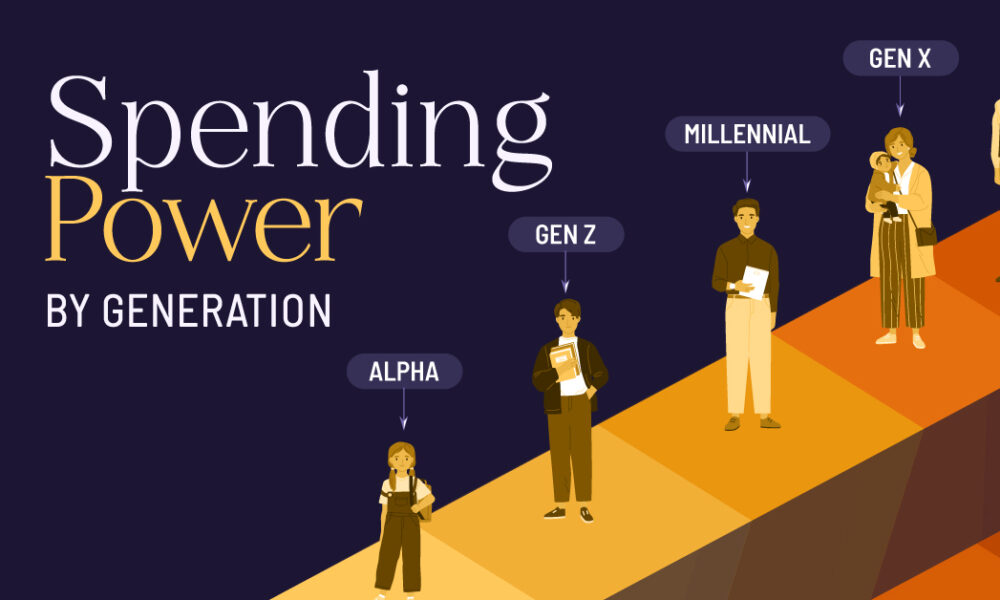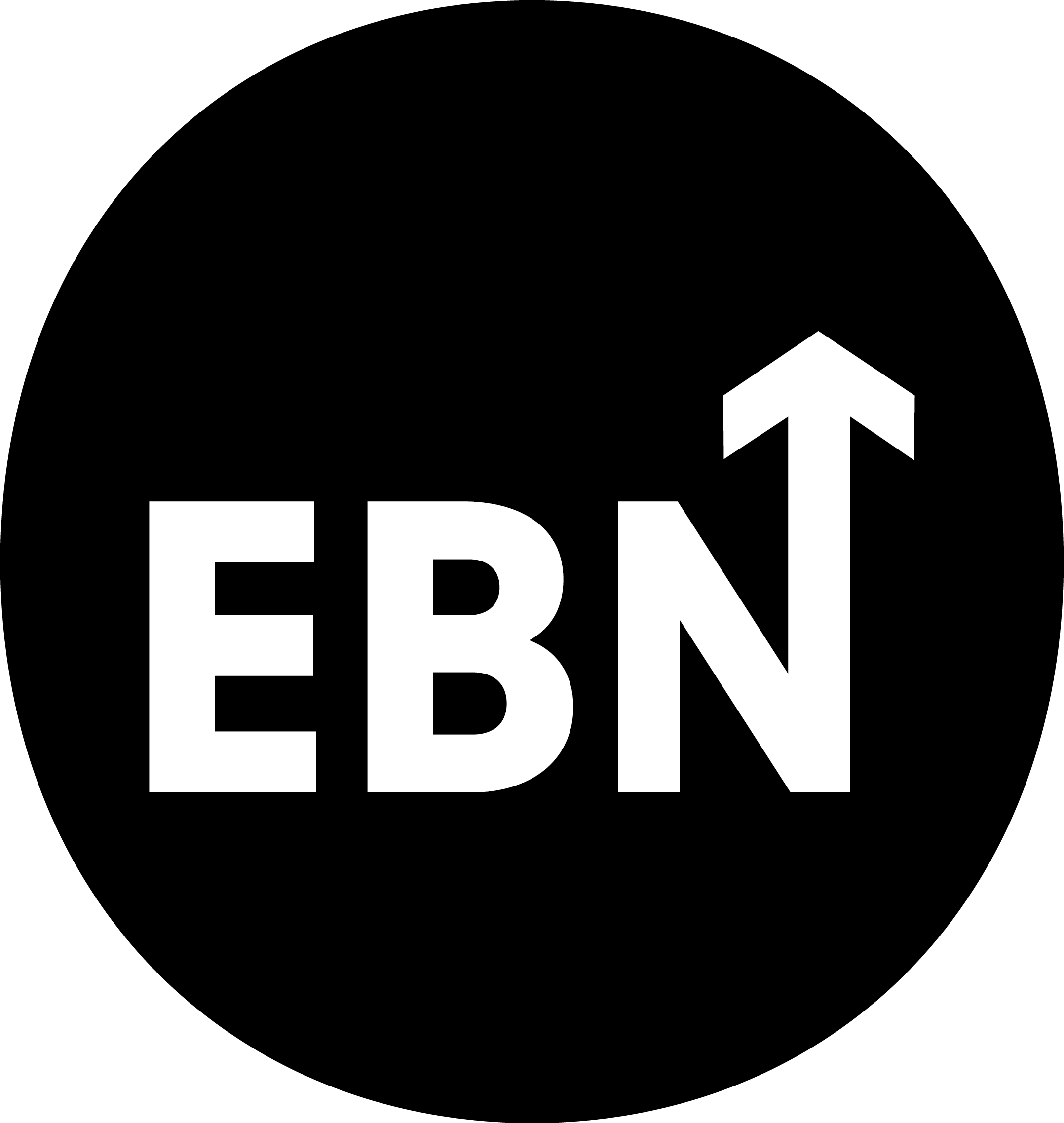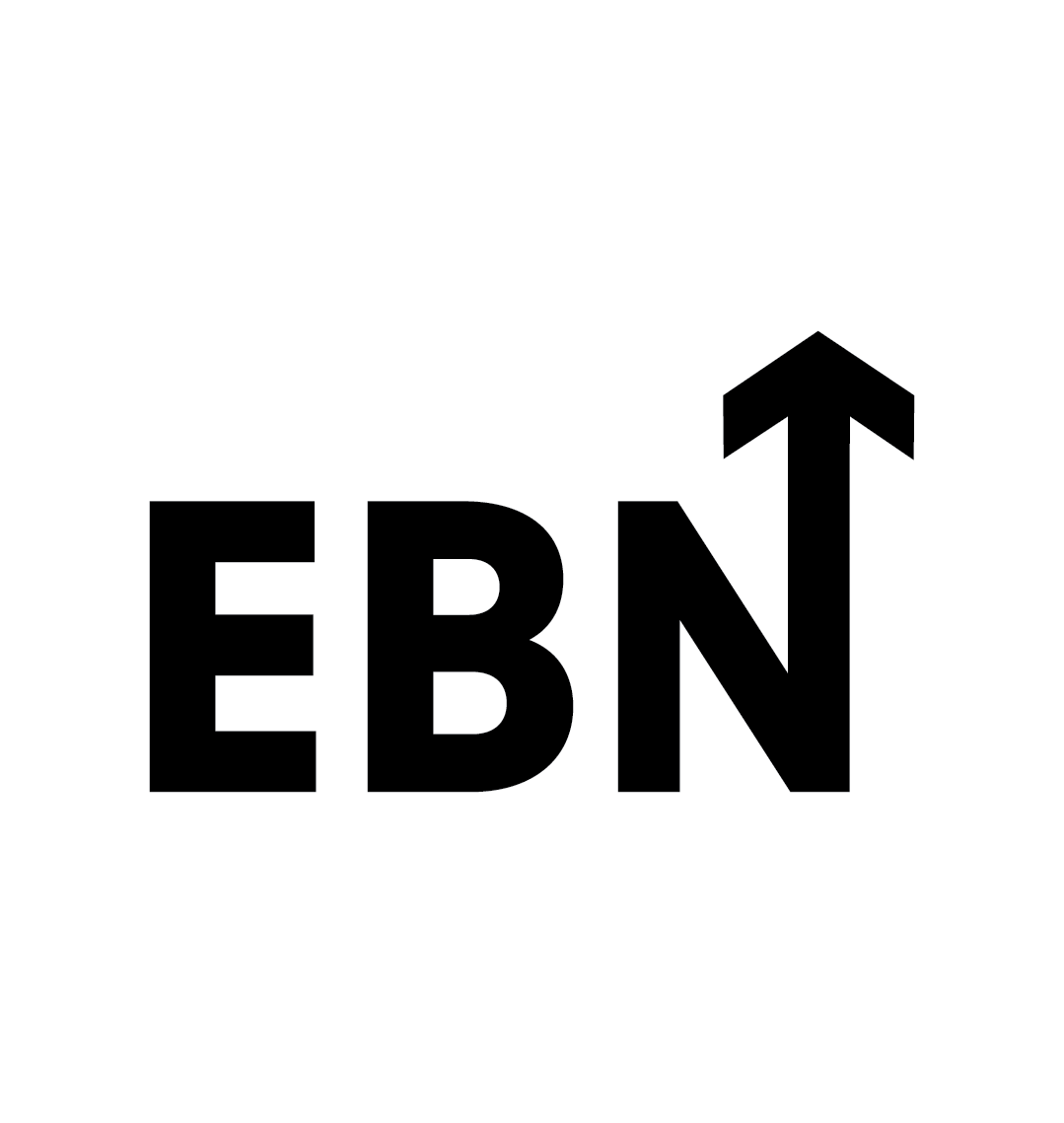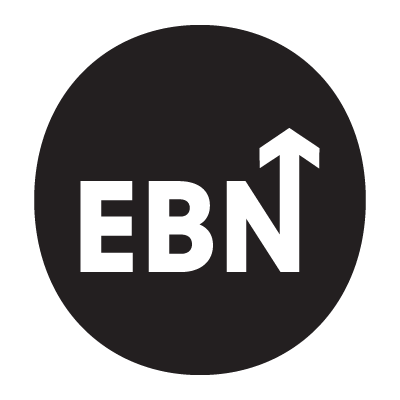In an era of rapid technological advancement and shifting societal norms, the integration of Generation Z into the workforce has become a topic of intense discussion and, at times, controversy. Recent reports, such as the article published in Newsweek, have highlighted a concerning trend of companies swiftly terminating Gen Z employees. However, this complex issue deserves a more nuanced examination, considering both the challenges and the immense potential that this generation brings to the table.
Understanding Generation Z
Born between 1997 and 2012, Generation Z is the first truly digital native generation. They've grown up in a world where smartphones, social media, and instant access to information are the norm. This upbringing has shaped their worldview and expectations in profound ways:
Digital Fluency: Gen Z's innate understanding of technology and digital platforms is unparalleled.
Values-Driven: They prioritize purpose, authenticity, and social responsibility in their career choices.
Work-Life Integration: Rather than balance, Gen Z seeks a seamless integration of work and personal life.
Mental Health Awareness: This generation places a high premium on mental well-being and self-care.
Diversity and Inclusion: Gen Z is the most diverse generation yet and expects workplaces to reflect this diversity.
Understanding these characteristics is crucial for employers looking to effectively integrate and retain Gen Z talent.
Momentum isn’t always progress, especially when you always end up back where you started.
Fathom helps you escape the loop. With insight, not intuition.
The Economic Impact of Gen Z
It's important to recognize the growing economic influence of Gen Z. According to Visual Capitalist, "As of 2023, Gen Z's spending power is estimated at $3.5 trillion globally, making up 11% of total global spending power." This significant economic clout underscores the importance of understanding and effectively integrating Gen Z into the workforce. Companies that successfully engage with Gen Z as both employees and consumers stand to gain a significant competitive advantage.

The Clash of Expectations
The reported trend of rapid terminations of Gen Z employees often stems from a misalignment of expectations between traditional workplace norms and the values of this new generation:
Work Ethic Perception: What may be seen as a lack of commitment by older generations could be Gen Z's attempt to maintain healthy boundaries.
Communication Styles: Gen Z's preference for digital communication might be interpreted as avoidance of face-to-face interactions.
Career Progression: The desire for rapid advancement and meaningful work can be misconstrued as entitlement.
Feedback and Recognition: Gen Z's need for frequent feedback may clash with traditional annual review processes.
These misunderstandings can lead to friction and, in some cases, premature terminations. However, addressing these issues head-on can lead to more productive and harmonious work environments.
The Shift in Career Aspirations
A new trend dubbed "conscious unbossing" is emerging among Gen Z workers. As reported by The Guardian, "Gen Z workers are increasingly rejecting traditional management roles, preferring to focus on their own skills and well-being rather than climbing the corporate ladder." This shift challenges conventional career progression models and highlights the need for companies to rethink their talent development and retention strategies.
One Gen Z worker quoted in The Guardian article states, "I don't want work to be my whole life. I want to have time for my hobbies, my friends, and my mental health." This sentiment aligns with the generation's prioritization of well-being and purpose-driven work.

The Business Case for Gen Z Integration
While the challenges are real, the benefits of successfully integrating Gen Z into the workforce are substantial:
Innovation and Creativity: Gen Z's fresh perspectives and willingness to challenge the status quo can drive innovation.
Digital Transformation: Their native digital skills can accelerate digital transformation initiatives.
Consumer Insights: As a significant consumer demographic, Gen Z employees can provide valuable insights into their peers' preferences.
Adaptability: Having grown up in a rapidly changing world, Gen Z is often more adaptable to change than older generations.
Social Responsibility: Their strong sense of social responsibility can help companies better align with evolving consumer values.
Companies that can harness these strengths stand to gain a significant competitive advantage in an increasingly digital and socially conscious marketplace.
"To successfully integrate Gen Z into the workforce, leaders must embrace their desire for flexibility, purpose-driven work, and continual feedback. This generation places a high value on transparency, inclusivity, and the opportunity to make a real impact. Organizations that provide structured career development, flexible work environments, and authentic leadership will thrive with Gen Z employees." Rachele Focardi, author of Reframing Generational Stereotypes, on managing Gen Z in the workforce.
Helping HR, talent acquisition, employer branding, and company culture professionals find careers worth smiling about.
Strategies for Successful Integration
Rather than resorting to quick terminations, forward-thinking companies are implementing strategies to bridge the generational gap and create a more inclusive work environment:
Mentorship and Reverse Mentoring Programs
Pairing Gen Z employees with experienced colleagues can foster mutual understanding and skill development. Reverse mentoring, where younger employees share their digital expertise with older colleagues, can be particularly effective.
Flexible Work Arrangements
Offering hybrid or remote options can accommodate different working styles while maintaining productivity. This flexibility aligns with Gen Z's desire for work-life integration and can lead to increased job satisfaction and retention.
Clear Communication and Expectations
Establishing transparent expectations and feedback channels from the outset can prevent misunderstandings. Regular check-ins and open dialogues about career progression can help align individual and organizational goals.
Purpose-Driven Work Environment
Clearly articulating the company's mission and how individual roles contribute to larger goals can resonate with Gen Z's desire for meaningful work.
Professional Development Opportunities
Investing in continuous learning and skill development can satisfy Gen Z's appetite for growth and demonstrate the company's commitment to their long-term success.
Technology Integration
Leveraging cutting-edge technology and digital tools in the workplace can create an environment where Gen Z can thrive and contribute their digital expertise.
Mental Health and Well-being Initiatives
Implementing comprehensive wellness programs and fostering a culture that prioritizes mental health can align with Gen Z's values and improve overall employee well-being.
The Role of Employer Branding
In this context, employer branding becomes more critical than ever. Companies that successfully integrate Gen Z into their workforce and showcase this integration in their branding efforts stand to gain significant advantages:
Talent Attraction: A strong employer brand that resonates with Gen Z values can attract top young talent.
Employee Retention: Demonstrating a commitment to Gen Z integration can improve retention rates and reduce turnover costs.
Market Perception: Companies known for successfully working with Gen Z may be seen as more innovative and forward-thinking by customers and investors.
Diverse Perspectives: Showcasing a multi-generational workforce can highlight the company's ability to leverage diverse viewpoints.
Adaptability: Demonstrating the ability to integrate Gen Z effectively signals the company's adaptability to change.
To leverage these benefits, companies should consider the following in their employer branding strategies:
- Authentic Storytelling: Share genuine stories of Gen Z employees thriving in the organization.
- Social Media Presence: Utilize platforms popular with Gen Z to showcase company culture and values.
- Transparency: Be open about challenges and efforts to create an inclusive environment for all generations.
- Highlight Development Opportunities: Emphasize learning and growth opportunities available to young employees.
- Showcase Technology: Demonstrate the company's use of cutting-edge technology to appeal to digital natives.
- Employee Advocacy: Encourage Gen Z employees to share their positive experiences on their personal networks.
The Importance of Data-Driven Approaches
To truly understand and address the challenges of integrating Gen Z into the workforce, companies need to move beyond anecdotes and generalizations. Implementing data-driven approaches can provide valuable insights:
Employee Surveys: Regular, anonymous surveys can help gauge Gen Z employee satisfaction and identify areas for improvement.
External Surveys: Understanding the preferences and expectations of the cohort you’re hiring into the organization and understanding them before they get there is a big advantage. Companies like Fathom do excellent talent preferences and trends studies.
Performance Metrics: Analyzing performance data can help distinguish between generational differences and individual performance issues.
Exit Interviews: Conducting thorough exit interviews with departing Gen Z employees can provide insights into reasons for turnover.
Benchmarking: Comparing retention rates and employee satisfaction across generations can help identify specific Gen Z-related challenges.
By basing decisions on concrete data rather than assumptions, companies can develop more effective strategies for integrating and retaining Gen Z talent.
Legal and Ethical Considerations
As companies navigate the challenges of managing a multi-generational workforce, it's crucial to be aware of legal and ethical considerations:
Age Discrimination: Policies or practices that disproportionately impact younger workers could potentially lead to age discrimination claims.
Fair Labor Standards: Ensuring compliance with labor laws, particularly regarding flexible work arrangements and overtime, is essential.
Privacy Concerns: Gen Z's comfort with technology should not be taken as blanket permission for invasive monitoring practices.
Diversity and Inclusion: Efforts to integrate Gen Z should be part of broader diversity and inclusion initiatives, not at the expense of other groups.
Companies should work closely with their legal and HR departments to ensure that all policies and practices are fair, ethical, and compliant with relevant laws and regulations.
A Call for Mutual Adaptation
While much of the discussion focuses on how companies can adapt to Gen Z, it's important to recognize that successful integration requires effort from both sides. Gen Z employees can benefit from:
Understanding Traditional Workplace Norms: Gaining insight into why certain practices exist can help bridge the generational gap.
Developing Soft Skills: Focusing on in-person communication and relationship-building skills can complement their digital expertise.
Patience and Perspective: Recognizing that organizational change takes time and that their ideas, while valuable, may need to be balanced with other considerations.
Embracing Mentorship: Actively seeking guidance from experienced colleagues can accelerate professional growth and integration.
The Future of Work
The challenges and opportunities presented by Gen Z's entry into the workforce are not isolated issues but part of a larger transformation in the world of work. As we look to the future, several trends are likely to shape the evolving workplace:
Continued Technological Advancement: The pace of technological change is unlikely to slow, making Gen Z's digital fluency increasingly valuable.
Emphasis on Soft Skills: As AI and automation take over more routine tasks, uniquely human skills like creativity, empathy, and complex problem-solving will become more critical.
Lifelong Learning: The rapid pace of change will necessitate continuous learning and skill development for all generations.
Flexible Work Models: The trend towards more flexible and remote work options is likely to continue, driven by both employee preferences and technological capabilities.
Purpose-Driven Organizations: Companies that can clearly articulate their purpose and positive impact on society will have an advantage in attracting and retaining talent across all generations.
Conclusion: Embracing the Opportunity
The integration of Gen Z into the workforce presents both challenges and immense opportunities. Rather than viewing these young workers through a lens of frustration or resorting to quick terminations, forward-thinking companies are seizing the chance to evolve and strengthen their organizations.
By fostering an environment of understanding, collaboration, and mutual adaptation, businesses can turn potential conflicts into catalysts for growth and innovation. This approach not only benefits the bottom line but also strengthens employer branding, positioning companies as adaptable, inclusive, and forward-thinking in an increasingly competitive job market.
The companies that will thrive in the coming decades will be those that can effectively harness the strengths of all generations, creating dynamic, multi-generational teams that drive innovation and success. By embracing the unique perspectives and skills that Gen Z brings to the table, while also providing the structure and guidance they need to thrive, organizations can create a workplace that is not just productive, but truly transformative.
In the end, the story of Gen Z in the workforce is not one of conflict, but of potential. It's up to both employers and employees to write the next chapter together, creating a future of work that is more inclusive, innovative, and impactful than ever before.
If you need help with sourcing high quality talent data, reaching out to experts like Fathom is a great place to start.
Takeaways
Why are some companies quickly firing Gen Z employees?
Some companies are terminating Gen Z employees due to misalignments in expectations, communication styles, and work ethics. However, this approach often stems from misunderstandings rather than inherent issues with Gen Z workers. Successful integration requires mutual adaptation and clear communication.
What unique strengths do Gen Z employees bring to the workplace?
Gen Z brings several strengths, including:
- Digital fluency and technological expertise
- Fresh perspectives that can drive innovation
- Strong values alignment with social responsibility
- Adaptability to rapid change
- Diversity and inclusion mindset
How can companies better integrate Gen Z into their workforce?
Companies can improve Gen Z integration through:
- Implementing mentorship and reverse mentoring programs
- Offering flexible work arrangements
- Providing clear communication and expectations
- Creating purpose-driven work environments
- Investing in professional development opportunities
- Prioritizing mental health and well-being initiatives
What role does employer branding play in attracting and retaining Gen Z talent?
Employer branding is crucial for attracting and retaining Gen Z talent. It helps showcase a company's commitment to values that resonate with Gen Z, such as work-life integration, diversity, and technological innovation. Strong employer branding can differentiate a company in the competitive job market and improve retention rates.
Are there legal considerations when managing Gen Z employees differently?
Yes, there are legal considerations. Companies must be careful to avoid age discrimination, ensure fair labor standards, respect privacy concerns, and maintain inclusive practices. It's important to work with legal and HR departments to ensure all policies and practices are fair and compliant with relevant laws.
How can Gen Z employees better adapt to traditional workplace norms?
Gen Z employees can adapt by:
- Seeking to understand the reasoning behind traditional workplace practices
- Developing in-person communication and relationship-building skills
- Practicing patience and recognizing that organizational change takes time
- Actively seeking mentorship from experienced colleagues
- Balancing their innovative ideas with an understanding of existing business constraints
What future workplace trends are likely to impact Gen Z and other generations?
Key future workplace trends include:
- Continued rapid technological advancement
- Increased emphasis on soft skills and emotional intelligence
- The need for lifelong learning and skill development
- More flexible and remote work models
- A growing focus on purpose-driven organizations and social responsibility
These trends will likely impact all generations in the workforce, with Gen Z potentially at the forefront of driving and adapting to these changes.









